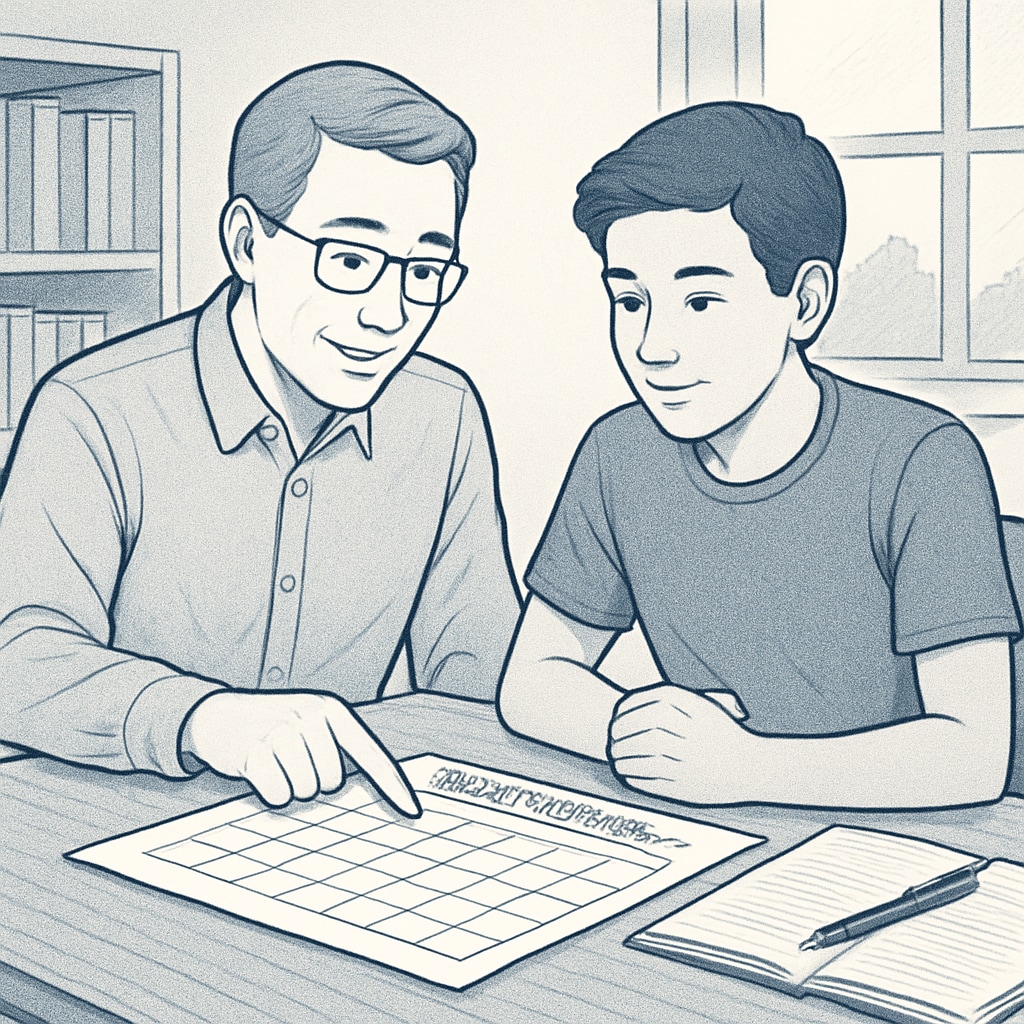High school students often face a growing desire for independence, and one way they express this is by taking on part-time jobs. For parents, this can raise concerns about balancing work, academics, and managing allowances. While working can teach teens valuable skills such as time management and financial responsibility, the challenge lies in maintaining academic performance and emotional well-being. This article will explore the advantages and disadvantages of high school students working and provide actionable advice for parents navigating this complex issue.

The Benefits of High School Students Working
Part-time jobs offer significant benefits to teenagers. They help develop a sense of responsibility, teach financial literacy, and prepare students for life beyond high school. For example, teens who manage their own earnings often gain valuable insights into budgeting and saving. Additionally, work experience can enhance college applications and build soft skills such as communication and teamwork.
However, parents might wonder whether these benefits outweigh potential drawbacks. For instance, students may feel empowered when earning their own money, reducing dependence on allowances, but could also face challenges if their work hours conflict with study time.
Identifying the Risks: Academic and Emotional Balance
While the advantages of part-time work are compelling, there are associated risks. Long hours can lead to fatigue, diminishing focus on schoolwork and extracurricular activities. According to Britannica, excessive commitments during adolescence can negatively impact academic performance and mental health.
Parents need to assess whether their teen’s work schedule aligns with their academic goals. For example, working late-night shifts might hinder their ability to complete assignments or prepare for exams.

Strategies for Parents to Support Balance
To help high school students balance work and academics effectively, parents can implement the following strategies:
- Set clear priorities: Academics should remain the primary focus. Encourage your teen to choose a job with flexible hours.
- Monitor progress: Regularly check in on their academic performance and stress levels.
- Teach time management: Help them create a schedule that allocates sufficient time for study, rest, and social activities.
- Communicate with employers: If necessary, discuss workload limitations with their employer to ensure manageable hours.
By following these tips, parents can help their teens gain financial independence without compromising their education or well-being.
Is Working Right for Your Teen?
Every teenager is different, and parents must consider their child’s unique circumstances before encouraging them to take on a part-time job. For example, some teens may thrive under the added responsibility, while others might struggle to adapt. According to Wikipedia, adolescence is a critical period for cognitive and emotional development, and balancing multiple commitments requires careful planning.
Ultimately, the decision should involve open communication between parents and teens. Discuss their motivations, goals, and concerns to ensure that both academics and work are approached thoughtfully.
Readability guidance: Use concise paragraphs and lists to summarize key points. Maintain a conversational tone while emphasizing actionable insights for parents. Ensure balanced use of overviews, examples, and external resources.


